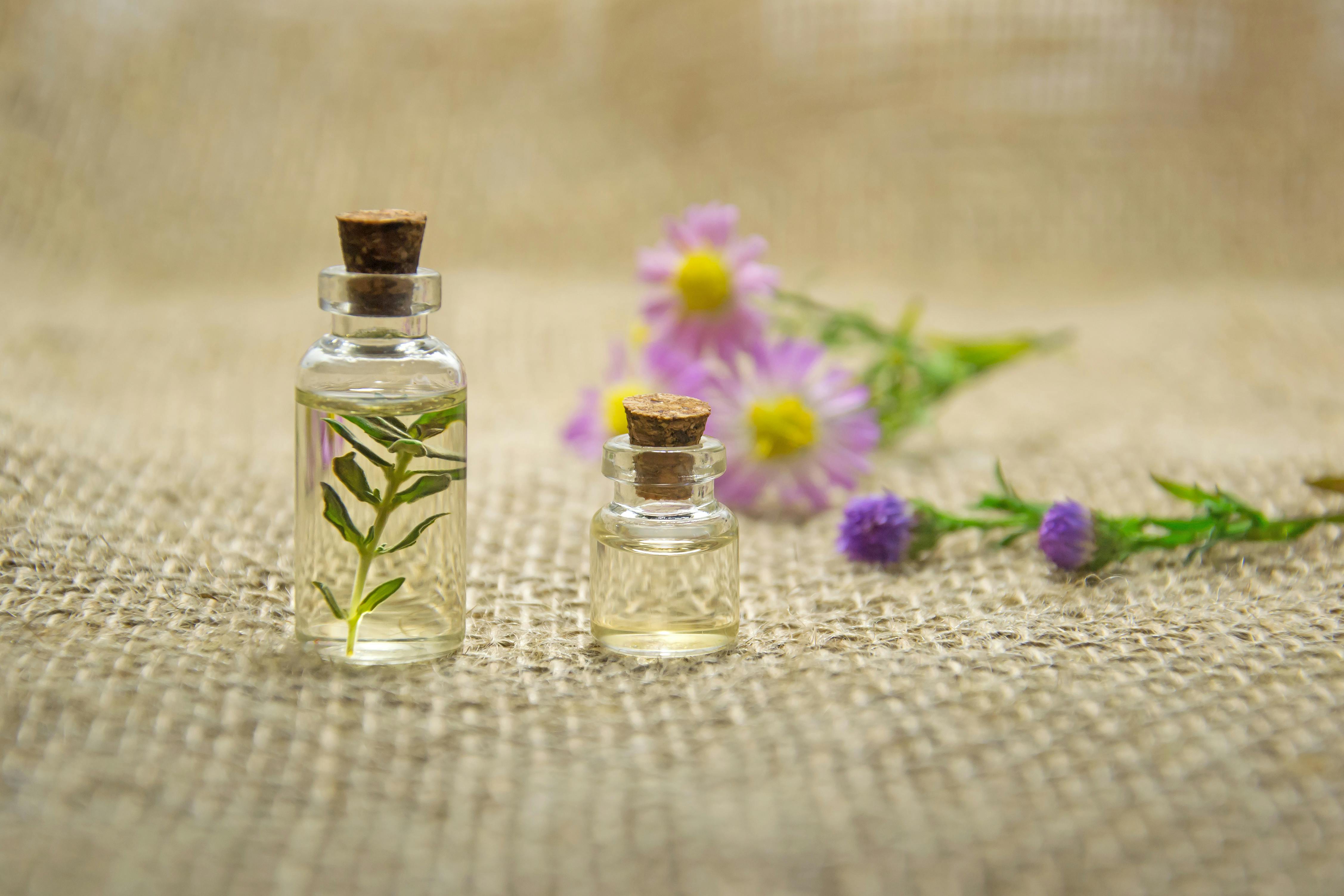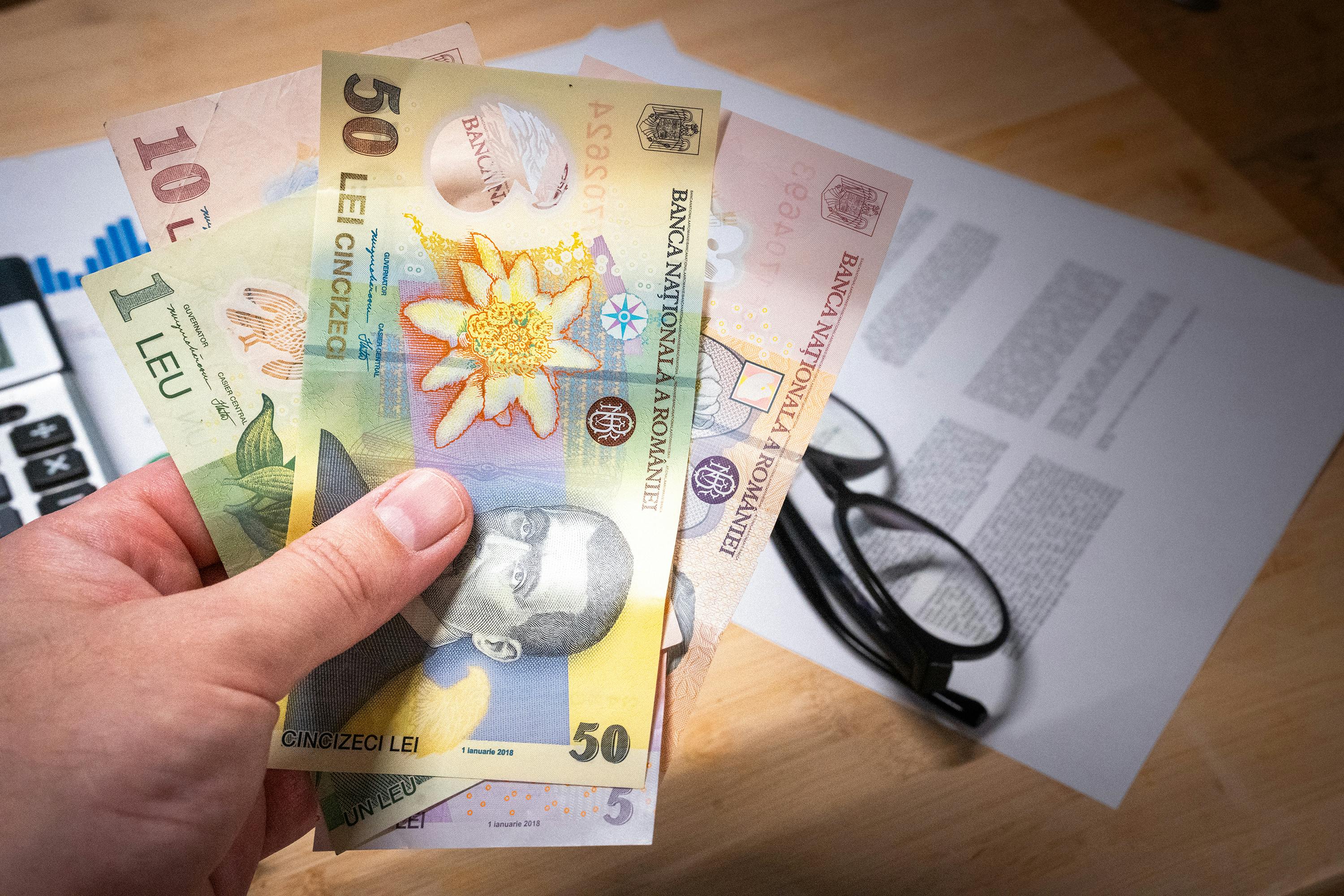The Art and Science of Perfumery: An Exploration of Beauty in Scent
Perfumery, the art and science of creating perfume, is a captivating domain of beauty that bridges time and culture. From the royal courts of ancient Egypt to the boutiques of modern Paris, perfumery has a rich history that continues to influence the world today. This intricate discipline combines botany, chemistry, and artistry to create unique and evocative fragrances that can invoke powerful emotions, memories, and experiences. This article will delve into the fascinating world of perfumery, exploring its history, current trends, and the transformative power it holds over our senses and emotions.

A Fragrant Journey Through History
Perfumery has been inextricably linked with human civilization since time immemorial. The word ‘perfume’ itself originates from the Latin ‘per fumum’, meaning ‘through smoke’, reflecting the early use of fragrant resins and herbs in religious ceremonies. In ancient Egypt, perfumes were an integral part of religious rites, and pharaohs were often interred with precious vials of scented oils. The Greeks and Romans continued this tradition, using fragrances in public baths, ceremonies, and even in their political tactics - Roman Emperor Nero is said to have used perfume as a psychological weapon, flooding his court with scent to unsettle his adversaries.
It was during the Renaissance, however, that modern perfumery truly began to take shape. The period saw an explosion of interest in botany, chemistry, and exotic trade goods, leading to the development of new distillation techniques and the introduction of new, rare scents. The city of Grasse in France, with its ideal climate for growing fragrant flowers, became the heart of the European perfume industry, a title it holds to this day.
The Modern Landscape of Perfumery
Today, the world of perfumery is an exciting blend of tradition and innovation. The classic techniques and ingredients, such as rose, jasmine, and sandalwood, continue to be cherished and used extensively. However, the industry has also embraced modern chemistry, using synthetic molecules to create novel scents and to replicate natural aromas that are too costly or environmentally damaging to extract.
The rise of niche perfumery is another significant trend in the current landscape. These independent perfume houses focus on producing unique, unconventional fragrances, often in limited quantities. This contrasts with the mass-market approach of large perfume companies, and appeals to customers seeking individuality and exclusivity.
The Invisible Accessory: Impact and Reception of Perfume
Perfume is often referred to as the ‘invisible accessory’, an intimate form of self-expression that can influence perceptions and interactions. Research has shown that scent can significantly impact mood, cognition, and social behavior. A well-chosen perfume can enhance an individual’s perceived attractiveness and can even influence the wearer’s self-confidence and mood.
The reception of perfume is highly personal and subjective, often tied to cultural, genetic, and experiential factors. What may be a pleasant fragrance to one person may be off-putting to another. This subjectivity makes perfumery a continuously evolving field, where the quest for universally appealing fragrances remains a tantalizing challenge.
The Science Behind the Scent
While the creation of perfume may seem magical, it is firmly rooted in science. Perfumery relies heavily on the principles of organic chemistry to extract, preserve, and combine scents. A perfume consists of a blend of ‘notes’ - individual scents that are detected at different stages of the fragrance’s lifespan. The skillful selection and balancing of these notes is what transforms a mere mixture of scents into a captivating perfume.
The science of scent also extends to our perception of perfume. The human nose can detect a vast array of scents, thanks to a complex network of olfactory receptors. These receptors are linked to our limbic system, the part of the brain responsible for memory and emotion, explaining why certain scents can evoke powerful memories or feelings.
The Future of Fragrance
The art and science of perfumery has come a long way from its ancient origins, yet it retains a sense of mystery and allure. It is a discipline that engages all our senses, bridging the gap between the tangible and intangible, the scientific and the artistic. As advances in technology and understanding of human olfaction continue to progress, the world of perfume promises to become even more fascinating and complex. In the realm of beauty, perfume remains a potent symbol of luxury, individuality, and the power of scent to move and captivate us.




